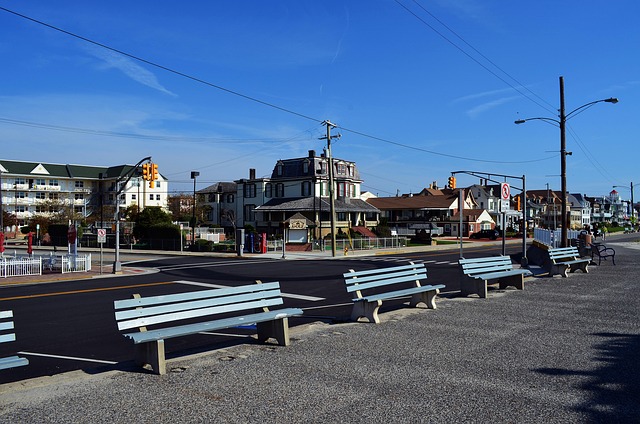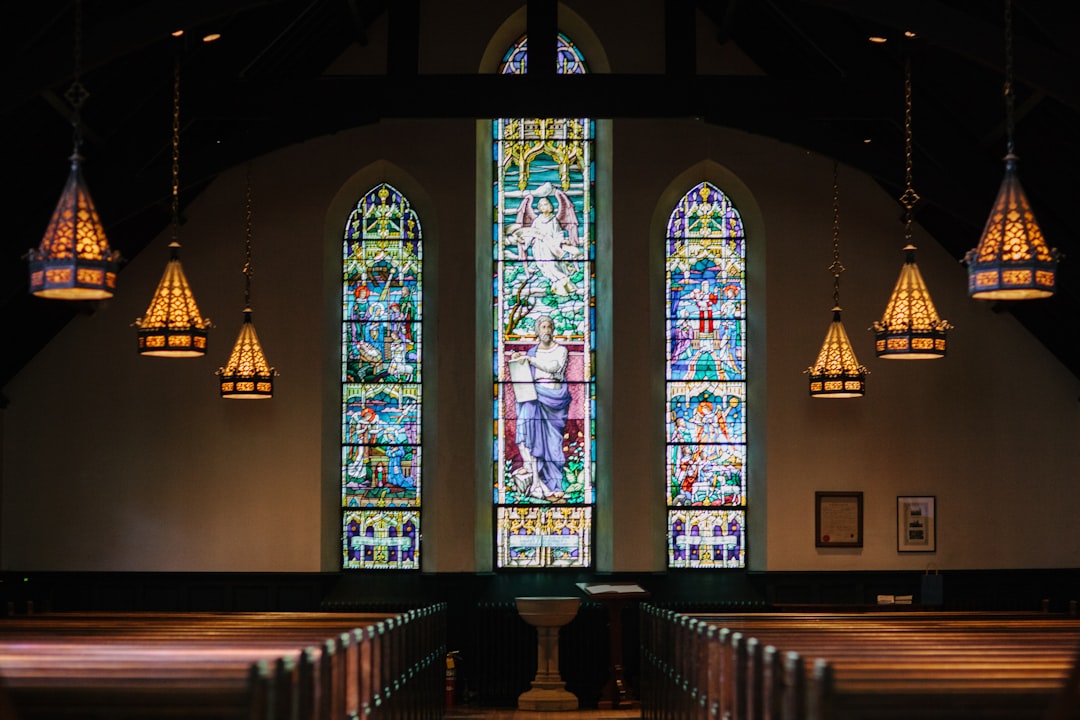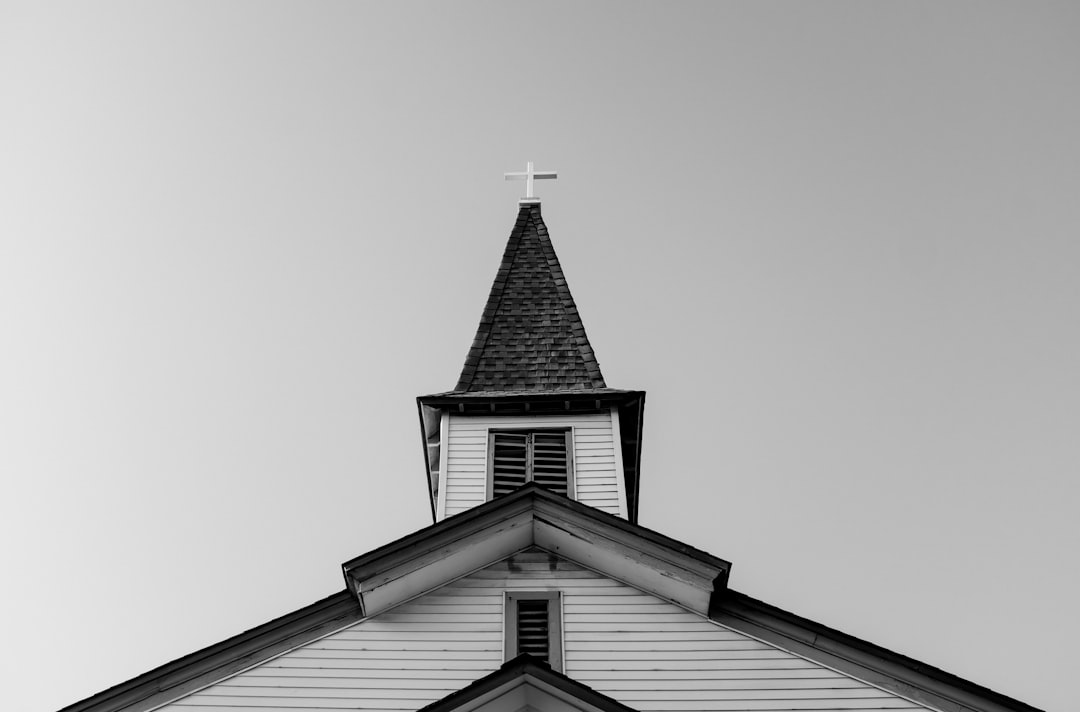Clergy abuse in New Jersey takes various forms, including sexual harassment, assault, emotional, and financial misconduct. Survivors face unique challenges when considering legal action due to power dynamics and cultural sensitivities. Specialized clergy abuse law firms in New Jersey offer essential representation, navigating complex cases to help survivors hold abusers accountable. Choosing the right firm with experience, deep legal knowledge, and empathetic support is vital for justice and healing. Reporting abuse to authorities and specialized firms' assistance in investigating, gathering evidence, and filing lawsuits are crucial steps towards compensation and accountability.
In New Jersey, awareness of clergy abuse is rising, offering crucial support to survivors seeking justice. This comprehensive guide delves into the complex landscape of understanding, addressing, and healing from clerical maltreatment. We explore legal rights, empowering survivors with knowledge about their options through a detailed look at New Jersey’s laws. Additionally, we provide insights on choosing reputable clergy abuse law firms and the steps involved in pursuing accountability for abusers. Discover resources designed to foster healing and ensure justice for all survivors.
Understanding Clergy Abuse in New Jersey
In New Jersey, clergy abuse refers to any form of mistreatment or exploitation by individuals in positions of religious authority. This can include sexual harassment, assault, emotional abuse, and financial misconduct. Survivors of such abuse often face unique challenges when considering legal action due to power dynamics and cultural sensitivities.
Understanding the local laws and regulations regarding clergy abuse is crucial for survivors seeking justice. New Jersey has specific statutes and guidelines that govern these cases, offering protections for victims who wish to pursue legal action against their abusers or institutions. Reputable clergy abuse law firms in New Jersey specialize in navigating these complexities, providing essential support and representation to help survivors secure accountability and closure.
Legal Rights for Survivors: A Comprehensive Guide
Surviving clergy abuse is a challenging and often traumatic experience, but understanding your legal rights is a crucial step towards healing and justice. In New Jersey, victims of sexual misconduct by religious leaders have specific rights and recourse through the law. Many survivors may feel overwhelmed or unsure where to begin, especially when navigating complex legal systems. This comprehensive guide aims to empower individuals who have been affected by clergy abuse in New Jersey.
By consulting experienced clergy abuse law firms in New Jersey, survivors can access specialized legal assistance tailored to their unique circumstances. These firms have the expertise to help navigate state laws and regulations regarding civil lawsuits against religious organizations and institutions. They can provide guidance on statutes of limitations, privacy concerns, and potential avenues for compensation or restitution. Additionally, these law firms often offer support services to ensure the well-being and comfort of survivors throughout the legal process.
Choosing the Right Clergy Abuse Law Firm
Choosing the right clergy abuse law firm in New Jersey is a crucial step for survivors seeking justice and healing. It’s essential to find a firm with extensive experience handling such sensitive cases, a deep understanding of the legal complexities involved, and a proven track record of success. Look for firms specializing in clergy abuse litigation, as they will have the expertise to navigate the unique challenges these cases present.
When evaluating New Jersey clergy abuse law firms, consider attorneys who are not only knowledgeable but also empathetic and committed to supporting survivors through the legal process. A firm that offers a collaborative approach, keeps you informed every step of the way, and fights tirelessly for your rights is ideal. Ensure they have the resources and dedication to see your case through to its conclusion, providing you with the closure and accountability you deserve.
The Legal Process for Holding Abusers Accountable
In New Jersey, the legal process for holding clergy abusers accountable involves a series of steps designed to ensure justice and closure for survivors. The first step is to report the abuse to the appropriate authorities, such as local law enforcement or religious hierarchy within the institution. This often requires courage, as it can be a sensitive and emotional journey. Once reported, law enforcement will investigate, gathering evidence and interviewing witnesses, which may include other survivors.
Survivors of clergy abuse who seek justice can turn to specialized clergy abuse law firms in New Jersey for assistance. These firms have experience navigating complex legal systems and can guide clients through the process, from civil lawsuits against abusers and institutions to criminal charges, if warranted. The goal is to secure compensation for harm suffered, change organizational policies to prevent future abuse, and ultimately, hold perpetrators accountable under the law.
Support Resources for Healing and Justice
For those who have experienced clergy abuse, finding support and seeking justice can be a crucial step in healing. In New Jersey, several resources are available for survivors to navigate their legal options and begin the journey towards recovery. Many clergy abuse law firms across the state specialize in handling such cases sensitively and discreetly, ensuring that survivors feel heard and supported throughout the process.
These legal services offer comprehensive assistance, including counseling and therapy referrals, financial compensation for damages, and representation in civil lawsuits against accountable parties. Support groups and community organizations dedicated to clergy abuse survivors also play a vital role in providing a safe space for sharing experiences and fostering solidarity. By combining legal advocacy with emotional support, these resources aim to empower survivors to take control of their healing journey and pursue justice on their terms.





